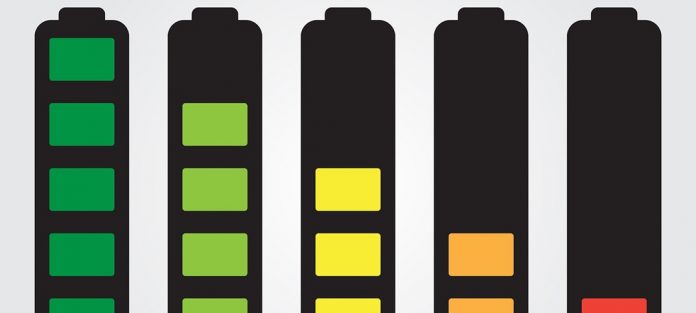Two years after the Commission’s proposal, it is likely that tomorrow’s trilogue closes with a deal on a compromise for the new EU Batteries Regulation. Earlier in the year, Recharge – the European industry association for advanced rechargeable and lithium batteries stressed the importance of concluding trilogues on the Batteries Regulation under the current Council Presidency.
There is no time to lose, as developing a competitive and sustainable batteries industry in Europe will contribute to energy security and the strategic resilience of the economy. For a successful implementation of the Regulation, safety, information reliability as well as feasibility and enforcement need to be a priority.
With the compromise in reach, Recharge shifts its focus to critical concerns when it comes to the implementation of the Regulation. “We commend the effort brought forward by the negotiating teams under the leadership of the Czech Presidency to conclude on this first-of-its-kind Regulation. Indeed, the Batteries Regulation is expected to play a significant role in setting rules for a new type of competition based on sustainability, but a successful implementation is uncertain,” warned Claude Chanson, General Manager of Recharge.
First, there is a concrete safety concern if portable batteries are required to be readily removable and replaceable by the end-user only (Article 11). There are a number of batteries which are designed specifically for an appliance which needs to be handled by professional operators or where the batteries have the same expected lifetime as the appliance itself and are not intended to be regularly replaced during the lifetime of the device – they are encapsulated, sealed, often custom-made lasting several years.
“Recharge believes that battery replaceability can be achieved without compromising on consumer safety, performance or innovative capacity of the sector, however, too prescriptive design requirements put this at risk,” explained Chanson. For the light means of transport (LMT) batteries, which need to fulfil a series of international, European and national safety requirements during their production, transport, storage, use and end-of-life management, nearly every unqualified change of components severely undermines the safety architecture. “Mandating the replaceability at cell level will bear a risk and any provisions compromising the safety of batteries should not be required as an environmental measure. This is especially critical as small LMT batteries are handled by end-consumers and stored and charged in their homes,” added Chanson.
For the recycled content declaration (Article 8), it is important to clarify if a battery model or batch is falling under the scope of these measures as it has a very important impact on the feasibility of the implementation and control of the measure. The calculation needs to be done at model level instead of at batch level in order to avoid thousands of declarations for the same battery model, and thus to decrease the risk of ineffective control of compliance for imported products.
The producer definition (as in the Council mandate) will bear a risk of poor quality of the information reported on ‘placing on the market’. The extended producer responsibility (EPR) is key to ensure that batteries are correctly collected and recycled at the end of their life and therefore it is key to assign the EPR responsibilities to the right actor along the batteries value chain which always needs to be the actor which places the battery on the market for end use. “If the reported placing on the market figure is wrong, the assessment of the achievement of the collection targets cannot be reliable,” explained Chanson. Recharge provides here concrete recommendations for improved EPR application based on a simple but efficient producer definition.
A prerequisite for a successful development of a sustainable and competitive European battery ecosystem is a successful implementation of the Batteries Regulation. “To ensure a competitive European value chain, able to decrease European dependency on imported batteries, is an essential milestone contributing to energy security on the continent and to a resilient EU economy,” concluded Chanson.
Source: Recharge






